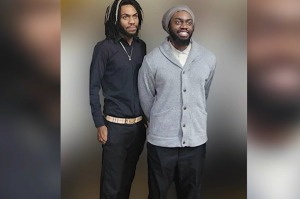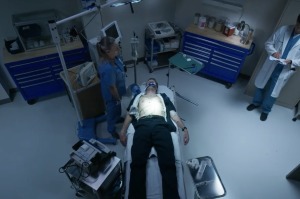Supreme Court won't review Alabama ruling classifying frozen embryos as unborn children

The U.S. Supreme Court has declined an in vitro fertilization clinic's request to overturn an Alabama high court ruling declaring that frozen embryos are protected by state law.
In an orders list Monday, the Supreme Court denied a petition for certiorari in the case of Center for Reproductive Medicine v. Felicia Burdick-Aysenne et vir, which centered on whether a couple could sue the clinic for wrongful death when a worker destroyed her frozen embryo.
The refusal to grant an appeal leaves in place a decision from the Alabama Supreme Court concluding that frozen embryos were protected by the Wrongful Death of a Minor Act.
Associate Justice Jay Mitchell authored the majority opinion in February, writing that the Act "applies to all children, born and unborn, without limitation" and that it was "not the role of this Court to craft a new limitation based on our own view of what is or is not wise public policy."
"All parties to these cases, like all members of this Court, agree that an unborn child is a genetically unique human being whose life begins at fertilization and ends at death," wrote Mitchell.
"The question on which the parties disagree is whether there exists an unwritten exception to that rule for unborn children who are not physically located 'in utero' — that is, inside a biological uterus — at the time they are killed."
Associate Justice William B. Sellers partially dissented, arguing that the claim that a frozen embryo was tantamount to an unborn baby was "clearly contrary to the intent of the legislature."
"To equate an embryo stored in a specialized freezer with a fetus inside of a mother is engaging in an exercise of result-oriented, intellectual sophistry, which I am unwilling to entertain," wrote Sellers.
"Should the legislature wish to include in vitro embryos in the definition of 'minor child,' it may easily do so. Absent any specific legislative directive, however, we should not read more into a legislative act than the legislature did so itself."
The state supreme court's decision garnered national media attention, with many debating whether such a move would effectively outlaw IVF procedures in the state.
Both Democrats and Republicans, including former President Donald Trump, expressed concerns about the decision's impact on the controversial practice of in vitro fertilization.
In response to the decision, Alabama Republican Gov. Kay Ivey signed a bill in March that "no action, suit, or criminal prosecution for the damage to or death of an embryo shall be brought or maintained against any individual or entity when providing or receiving services related to in vitro fertilization."
Lila Rose, president and founder of Live Action, denounced the legislation in a statement released earlier this year, claiming that it "gives IVF docs a license to kill" and creates "blanket immunity to the unregulated and profit-driven IVF industry."
"This law will have catastrophic consequences and withdraws existing legal protections for Alabama's most vulnerable persons simply because those persons were created through IVF," she added.





























